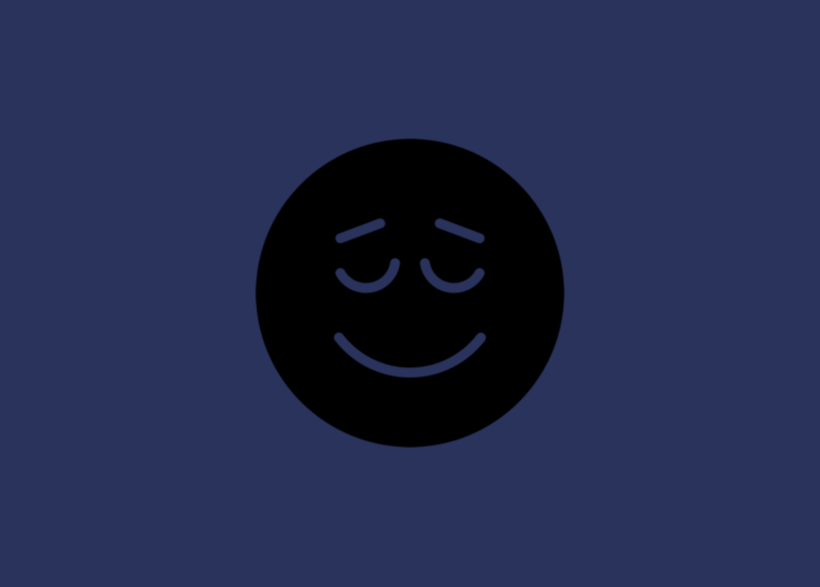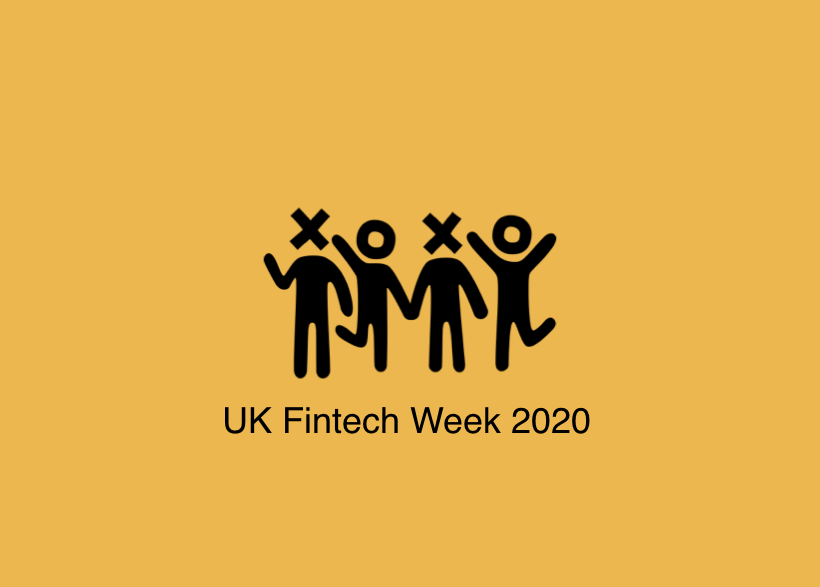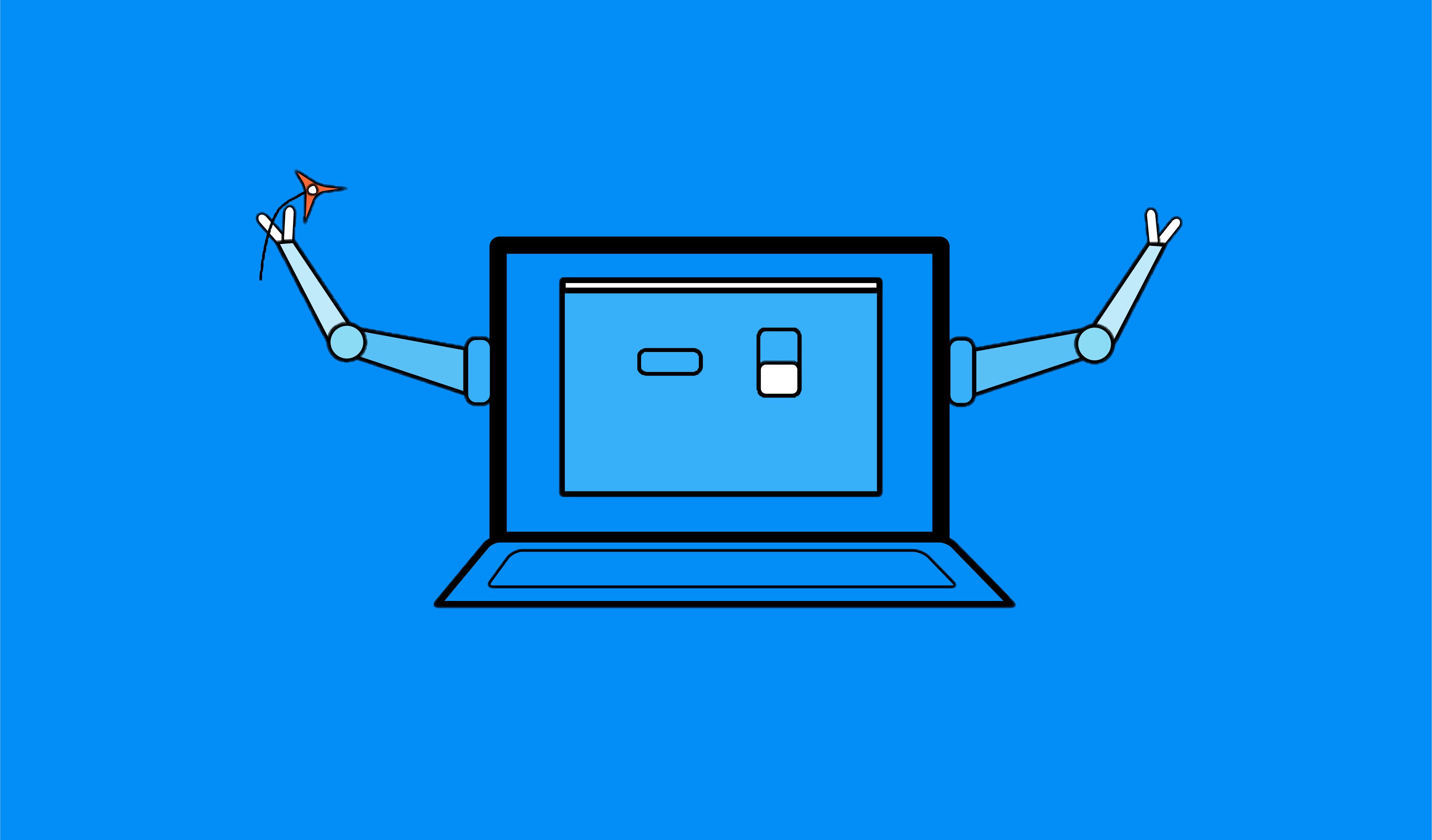Articulating the topic of mental health is not easy, so I will not pretend that this will be a one-size-fits-all post for everyone.
The last year we have been hearing a lot about our mental health - good, bad or otherwise - be it royals, celebrities or the charities who do such a wonderful job supporting those in need.
Most of us almost let this news wash over us, numb to the stories we read or watch on the news. Covid-19 led us to pay more attention because now our own mental health is a higher priority than ever before.
Coping with new work rhythms, being confined to four walls for months, and spending time with those we perhaps don’t want to be spending so much time with has not been easy. For some of us, spending time with our own thoughts has also been a challenge. The thing is, this is happening to pretty much everyone, and it’s okay to talk about, shout about it, be angry about and find ways to ask for help - the best four letter word ever - and to help others when we can.
This pandemic has not been kind to mental health, and if you felt as though coping with everyday life was even somewhat difficult before, this pandemic has now magnified that feeling a million times over.
Joelle Okonek, psychological psychotherapist from Berlin, who works with clients dealing with mental health hurdles, gave us her expert opinion on the situation,“The outbreak of the coronavirus pandemic scares many people. The insecurity, uncertainty of the future and the restrictions put on our everyday life only reinforce mental stress. In my work, I experience that people who were anxious before are even more unsettled now. Many are also confronted with existential fears creating new or enforcing existing anxiety”.
Although this is not the usual fintech, payments and small business focused pieces we write on the tomato pay blog, the company has, for as long as I have been here, talked openly on the matter. Today, businesses would be remiss to ignore their colleagues and employees who are finding it hard to process and cope at times mentally. At tomato pay we have ensured that everyone is listened to, and together find a way to look after one another’s mental health.
With all of that said, this mental health week seems more important now than it’s ever been before. If you are also struggling to see light throughout this pandemic and stay positive, then you are not alone.
The illusion of opportunity, and the sacrifice of freedom for safety
Lao Tzu, a Chinese philosopher said: “Ordinary men hate solitude. But the Master makes use of it.”
At the start, there was optimism. People were framing the pandemic as an opportunity to pause, to take stock on what’s important in life. What felt like the illusion of opportunity and self-growth was pushed on us all from every direction.
We were made to believe that with this newfound time, we suddenly had the space to do things we love, to be more mindful with what we eat, to learn a new skill, spend time with the kids - the list goes on.
This may seem ideal for about a week, some may even find this pause helpful in the long term, but it can be agreed that no one wanted this sudden ‘time to pause’ pushed upon them. In reality, no one ever wants anything forced onto them, especially in these circumstances.
Many have taken these words to heart and are using this time to make professional and personal improvements to their lives. However, watching those around you thrive can suddenly make you feel as though you are wasting this new gift of time. You begin to scrutinise your self-perceived inadequacies intensely. Instead of taking it for what it is, or even looking at it as inspirational, it can cause our brains to stop us dead in our tracks from doing anything at all.
No matter how easy it is to judge, or state that we know how people are coping because of what we can see on the exterior, we must try to refrain and focus on our journey, especially now. Everyone is dealing with the same storm, but we’re all travelling in different boats.
A lack of intimacy
Endless phone calls, FaceTime sessions, Zoom meetings.
Without any physical touch or in-person interaction, technology-based relationships can leave us feeling exhausted.
As we’re left analysing texts and grainy expressions on video calls, we may feel that conversations are starting to dry up as every day feels the same. Though we should be grateful to even have the option to stay in touch because of the advancements of technology, the importance of a simple handshake, and holding your loved ones close cannot be understated. Simply, these interactions cannot be mimicked by technology.
So, if you’re left feeling frustrated afterwards, accept that you are feeling this way, and try to remember that it is not you, it’s the constraints of technology throughout a very difficult time in the world.
The wrong type of advice
Hearing that we’re all in this together may make you feel worse - who wants to hear that experts all over the world don’t know how to fix a global problem, that billions of others are suffering too, and that despite how you feel, you may not be having a difficult time compared to many people?
Simultaneously, by hearing this you feel guilty for feeling the way you do, suddenly wondering if you are allowed to even feel like this. If someone has it worse, what right do I have to be upset?
Being told that you need to be stronger to take your mind off things may sound insincere, as though the person you have finally confided in didn’t listen, doesn’t know you, and although they have good intentions, think that such a simple idea is the answer to your seemingly fixable problem.
As we know, those with depression or anxiety do not want to feel the way they do. What may seem to others as the obvious solution, is not as clear-cut for those who are not coping mentally.
In order to better cope with life under lockdown, Okonek recommends structuring your day, to concentrate on what you can control (for example redecorating your garden, or by baking bread), plan a daily activity in order to leave the house for a little while every day, do not always check up on every news story, and reduce your daily social media intake. It can also be helpful to take the decision to see or talk to some people less if they make you feel even more anxious.
Dealing with the present
No one’s struggle is the same, so don’t be hard on yourself. Understand that you may not be working at full capacity.
Remember that only you know what your boundaries are right now. If you need space, do not be afraid to tell others, everyone’s coping mechanisms are right in its way. If you need to talk to someone - a friend, a colleague, your doctor, or by calling a helpline - yet cannot articulate your feelings and worries right now, don’t judge yourself harshly. Life can be confusing through the best times let alone throughout a pandemic.
What the pandemic has shown us is the good of humanity, that community is essential through times of hardship, that publicly-funded organisations are critical to supporting those at a disadvantage, and through lockdown, we have been able to cut carbon dioxide numbers by 17%.



-3.jpg)


